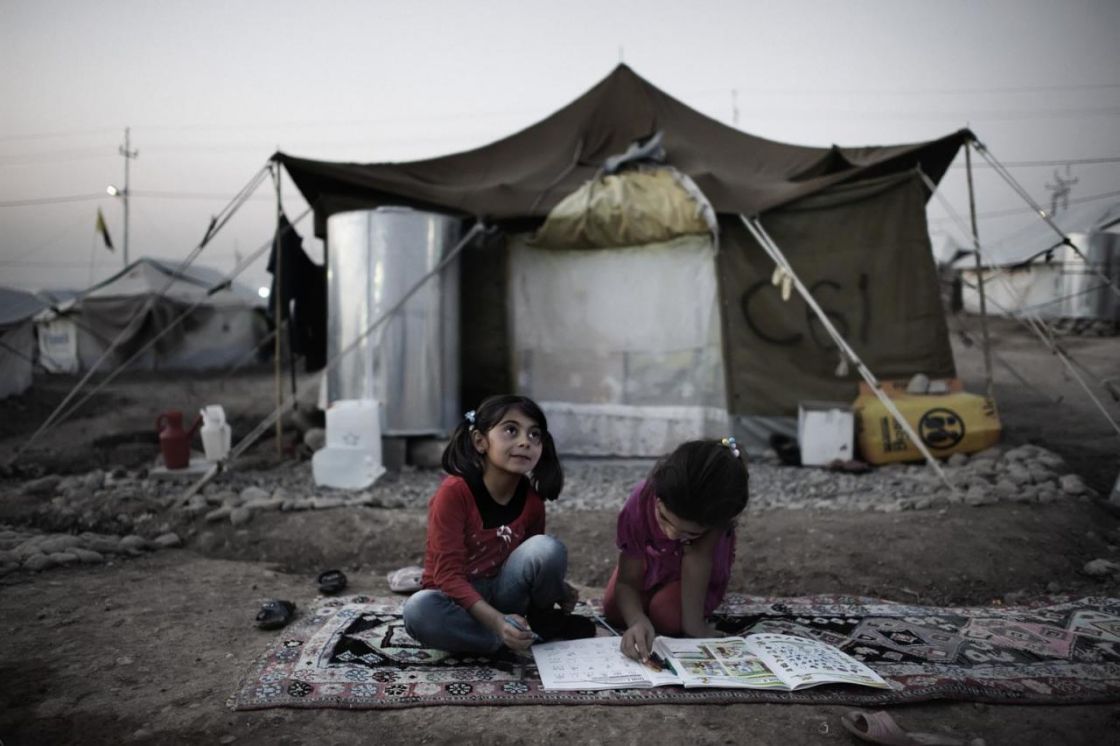- Editorials
- Posted
5 Years Since 2254, Now What?
Last Friday, five years have passed since the UN Security Council voted unanimously on Resolution 2254, which outlines the solution to the Syrian crisis.
The resolution clearly stated that there is no military solution to the Syrian crisis (while at the time, the extremists’ prevailing slogans were “resolving militarily” and “toppling”) and that the solution was exclusively political. This solution’s tool is dialogue and consensus among Syrians, and its objective is to enable the Syrian people to determine their own destiny by ending foreign interference and eliminating terrorism.
There has been a lot of flood water since then, or rather, a lot of blood has flowed on the altar of the narrow interests of the extremists and warlords from the various sides. This has always intersected with colonial Western interests, chiefly American and Zionist, in turning Syria into a quagmire, partitioning it, and ending its geopolitical presence, if possible, and through various tools, including sanctions.
On the other hand, the Astana track, led by Russia, was able to vigorously contain the militant phase of the fighting, starting from 2017 until the end of 2019. Nevertheless, even after containing the violence, Syrians found themselves facing new crises that are neither less dangerous nor less deep than the war during its active militant phase. These crises have two broad titles: The first is a socioeconomic situation that becomes increasingly disastrous with each sunrise, “thanks” to Western sanctions and the continued severance of the country on the one hand, but on the other hand, and mainly, “thanks” to the giant corruption figures and warlords on all sides. The second is a very dangerous political situation through which the West and the extremists seek to perpetuate long-term stalling in implementing the provisions of Resolution 2254, in parallel with running towards fixing the state of “de facto partition” and turning it into a permanent state. This would be to achieve the American-Zionist goal that Jeffrey best expressed when he said: “My job is to turn Syria into a quagmire” and “stalemate is stability”.
If these five years had clear results that can almost be touched and felt, they surely include the following:
First: The prevailing structure in the regime and the opposition is one of an old political space that puts on an act to the people rather than represents them and sees the entire world from the narrow angle of its interests, regardless of the interest of Syrians… it’s even against Syrians’ interest.
Second: ending the crisis will not be achieved neither by one of the sides winning over the other, nor by a settlement to the liking of the extremists on both sides, but rather by creating the necessary foundations for Syrians to determine their own destiny.
Third: Creating this foundation necessarily means the full implementation of UNSC Resolution 2254, including putting an end to the various forms of oppressive forces and their oppression of the Syrian people, in a way that subsequently allows Syrians to have their say with regards to their fate and the fate of their country.
The full implementation of UNSC Resolution 2254, with all its provisions and components, was a national necessity since its adoption, and now it has become a national and existential necessity, and each day of delay in implementing it translated to additional costs for the future of Syria and Syrians; it also means keeping the American-Zionist threat of geopolitically ending Syria, an existing and imminent threat.


